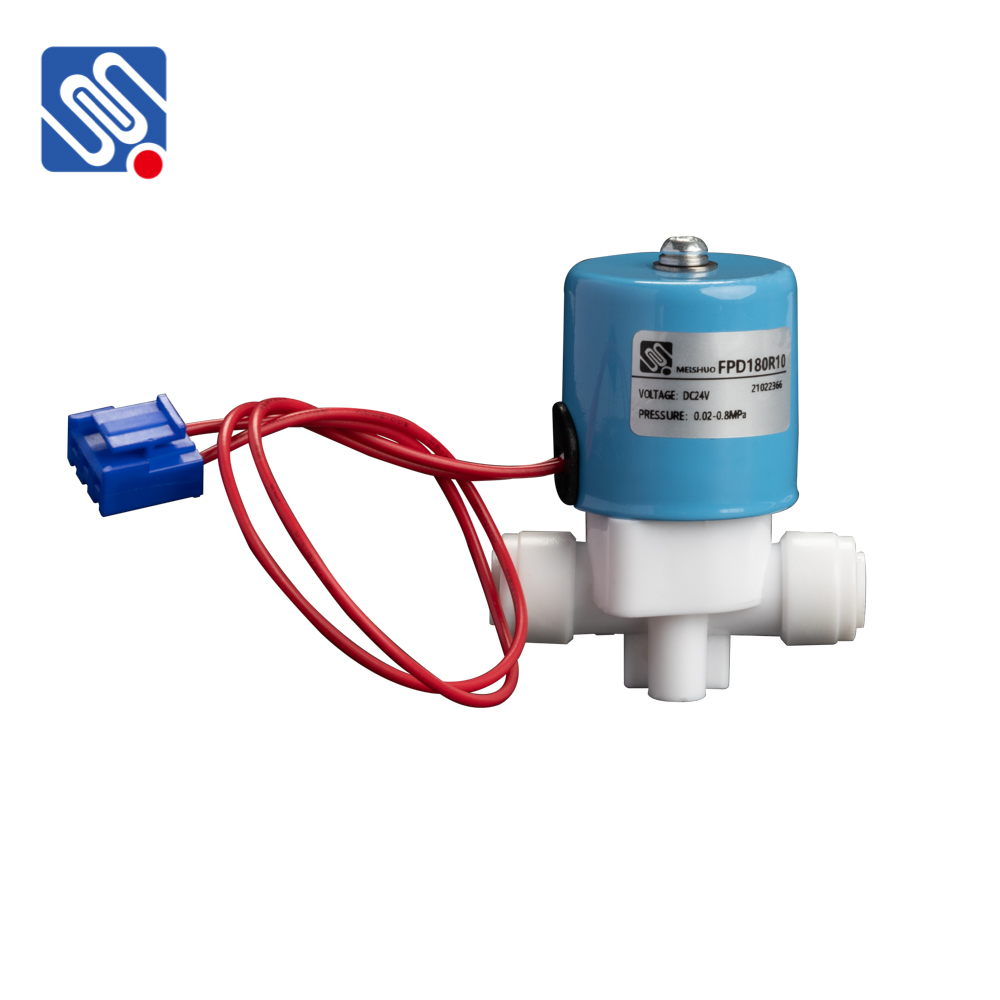the essential role of food grade solenoid valve in food processing and safety
Release time:2025-09-19 15:47:29
In the world of food and beverage production, maintaining safety and hygiene standards is of paramount importance. One of the critical components in ensuring the quality and safety of food processing systems is the Food Grade Solenoid Valve. These valves play a crucial role in controlling the flow of liquids and gases in various stages of food manufacturing and packaging processes. In this article, we will explore the function, design, and significance of food-grade solenoid valves in the food industry.

What is a Food Grade Solenoid Valve? A Food Grade Solenoid Valve is a specialized valve designed to meet stringent hygiene standards for use in food and beverage production environments. Unlike regular solenoid valves, which are used in various industrial applications, food-grade solenoid valves are built to ensure that the materials in contact with food products are safe, non-toxic, and capable of withstanding the challenging conditions of food production processes. These valves are typically used to control the flow of fluids such as water, milk, juices, oils, or other food ingredients. They are also employed in processes that involve the flow of gases, such as carbon dioxide in beverage carbonation or air in packaging processes. The primary function of a food-grade solenoid valve is to automatically control the opening and closing of a fluid path, triggered by an electric current applied to the solenoid coil.

